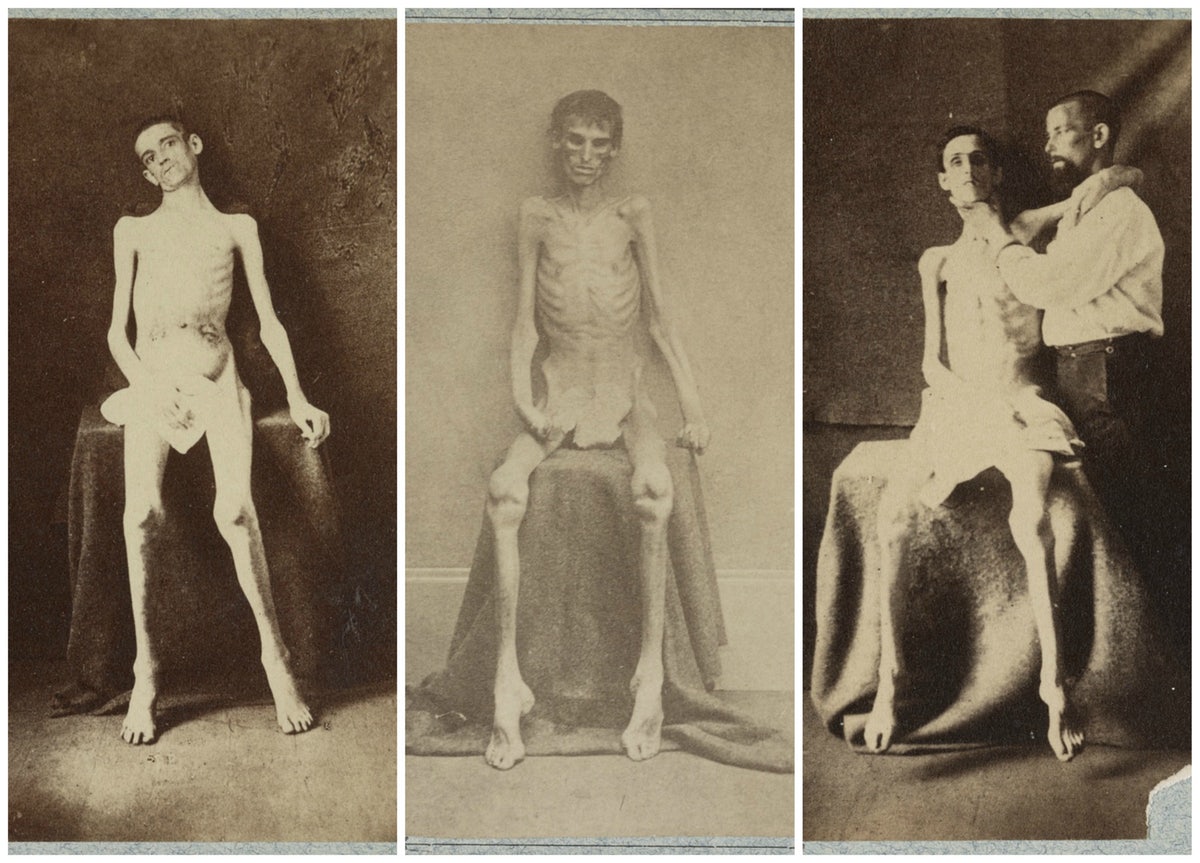
Michael West’s latest Comment of the Day was a provocative note relating to the recent post marking the execution of Capt. Henry Wirz, the Confederate commander of the infamous Andersonville prison camp and the defendant in the first American war crimes trial. Apart from the information, his comment also prompted some research and thought on my part. There are ethical conundrums afoot.
I’ll be back to discuss them after Michael West’s Comment of the Day on the post, “The Hanging of Henry Wirz”:
And there’s a monument in memory of Henry Wirz smack dab in the middle of the “main” intersection of Andersonville. The town, which literally had NO connection to Wirz outside of circumstance…has a monument to the man. At least when Southerners were given the option to erect monuments and name installations, they generally associated places with Southerners who had geographic connections with the locale.
Like Fort Bennin: with a military career earning no more than a “yeah, he was there” mention, Fort Benning is named after a man who happened to be born near there. But Henry Wirz gets a monument in the town associated with his notoriety. Perhaps it would be fair to let his monument be the last torn down by the history-eaters, if only to remember that lethal scapegoating is wrong, however temporarily useful.
I’m back with more on this topic:

